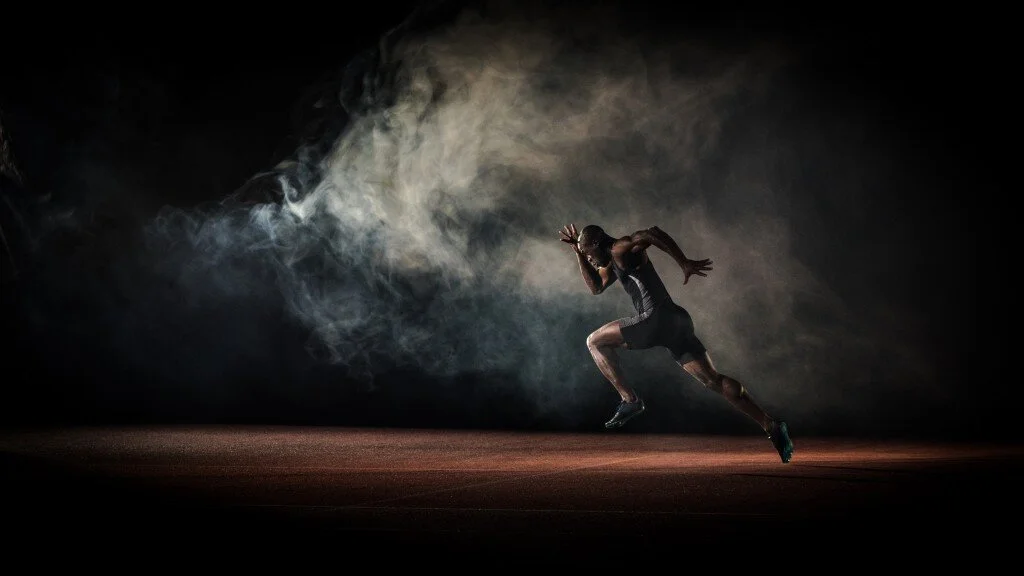The decision to stay involved with the team following medical disqualification/retirement can no doubt be a complicated one. On one hand, your teammates are your people and not having that same team connection would no doubt have an impact on your relationships, but on the other hand being present with a front row seat to watching others continue to compete when you no longer can do so personally, well that can feel flat out painful, if not torturous.
Read MoreInsightful articles for helping permanently-sidelined athletes find a meaningful way forward.
“You’re only as good as your last game . . . match . . . race.” Sound familiar?
As a competitor, it is common to tie your athletic identity to your performance in your sport. What can happen though it you aren’t careful is that your performance can become the key indicator of how you measure your worth and subsequently, can greatly impact how happy you are overall in life.
Read MoreSports do indeed offer valuable life experiences. We learn incredible skills such as persistence, work ethic, and how to set and work towards goals. We push our limits and learn about our own physical and mental strength. We learn how to sacrifice and discipline ourselves as we work through challenges. Ultimately, we experience a deep sense of passion and purpose as we try to attain our highest potential in sport.
Unfortunately, we also realize that in order to succeed in such a competitive world, we need to protect ourselves. So, we start to grow thick skin and a type of protective outer armor.
Read MoreWhether you are a friend, family member, teammate, athletic trainer, or coach of an athlete who has recently been permanently sidelined, the grief of the sidelined athlete can weigh heavy on you as well. You want to help but it can be tough to know what to say or how to ease the pain of the athlete who has experienced such a devastating loss. Following these research-based guidelines, you can support the permanently sidelined athlete in navigating a healthy adjustment to his or her new reality and have a positive impact in the athlete’s emotional recovery.
Read MoreThe room is so very bland. That icky not-quite-beige, not-quite-white color. My heart is racing. Tiny beads of sweat are starting to form on my forehead. I can’t sit still, my legs bouncing in nervous anticipation. The doctor walks in, his face as bland as the walls. I try to make a read on what’s coming next, but can’t. File folder in hand, he sits down.
“Well, it is not good news. Your MRI shows a full thickness tear in your meniscus. I think we can fix it, but it would be my recommendation that you never skate again.”
Wait, what?! What did he just say?
Read MoreWhen we witness the likes of LeBron James compete at highest level of play, when we watch in awe at the power behind one of Serena Williams’ serves, or when we behold the command of Clayton Kershaw’s fastball: what factors do we immediately contribute their success to?
As fans (or haters) we can speculate advantages or debate statistics, but few would dare to argue that these dominating athletes have not worked tirelessly to achieve success. What is less often considered, is the work these athletes have done within the confines of their own mind. As anyone who has competed in any arena can attest to; change, improvement, and success take hard work. If we were able to work as hard on our minds as we do in our work, sports, and relationships, we would see big change in many facets of life.
Read MoreFollowing their injuries, sidelined athletes go through a period of sadness, characterized by low energy, lack of motivation, inactivity, and withdrawal. This is a natural and necessary phase which sidelined athletes must go through in order to come to terms with the significance of their loss. The question then begs, what can one expect in this period? How long does this period last? Going through the Down Period blind and alone can further the athlete's depression.
Read MoreReceiving the news of forced sport discontinuation can be devastating to an athlete. The reality of being permanently-sidelined from the sport you love may force you to confront many new challenges you may not have faced before.
This article is here to help break down and assess your situation as a permanently-sidelined athlete and help you find your voice to get the support you need.
Read MoreFor athletes forced to discontinue their sport due to injury or health condition, the mental journey towards acceptance and internal healing can be confusing, complicated, and flat out brutal.
Permanently-sidelined athletes have described their grief as feeling as though a part of them has died. Sports psychologists refer to this as “losing the athletic identity”. One of the hardest parts of processing the loss of ability to compete in sport is feeling like you don’t know who you are without your sport.
Read MoreBeing an athlete is not an easy thing to do. It takes grit, discipline, and the resounding capacity to get back up after being knocked down. These are qualities you can continue to nurture in yourself throughout the healing process. Essentially, the same mindset which made you a great athlete has the power to help you overcome the loss you are experiencing.
Read More








